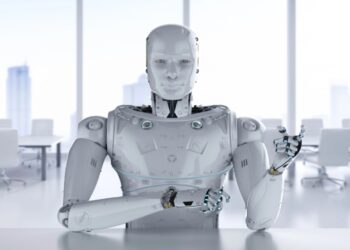The global conversation about artificial intelligence has been dominated by a single, pervasive fear: that AI will lead to mass unemployment. While this concern is understandable, a growing consensus among economists and tech leaders is reshaping the narrative. They argue that AI will not eliminate jobs wholesale, but rather will fundamentally alter the skills required to perform them, effectively creating a demand for a more adaptable and technically proficient workforce. The true threat, they contend, is not to jobs themselves, but to the individuals who fail to adapt.
Historically, automation has always transformed the labor market. The Industrial Revolution replaced manual labor with machines, creating new jobs in factories and management. Similarly, the digital revolution automated repetitive tasks, but it also gave rise to entire new industries like software development and data analysis. Experts believe AI represents the next logical step in this evolution. It is poised to automate not just physical tasks but also cognitive ones, especially those that are routine, predictable, and based on data.
The jobs most at risk are those composed of easily automatable tasks. This includes data entry clerks, certain assembly line workers, and even some administrative and customer service roles. These positions are often referred to as “unskilled,” but the more accurate description is that they rely on skills that can be replicated and optimized by an AI. The focus is shifting from “what a person does” to “what a person can do that an AI cannot.”
On the other hand, AI will amplify roles that require uniquely human attributes. Skills such as creativity, critical thinking, emotional intelligence, strategic planning, and complex problem-solving will become more valuable than ever. New jobs will emerge in fields like AI ethics, data science, and AI systems management. Furthermore, AI will serve as a powerful tool to enhance the productivity of professionals in sectors like healthcare, finance, and education, allowing them to focus on high-value, human-centric work. The message is clear: the future of work is not a battle between humans and machines, but a collaboration. The responsibility now falls on individuals, educational institutions, and governments to invest in reskilling and continuous learning to ensure the workforce is equipped for this new reality.
















